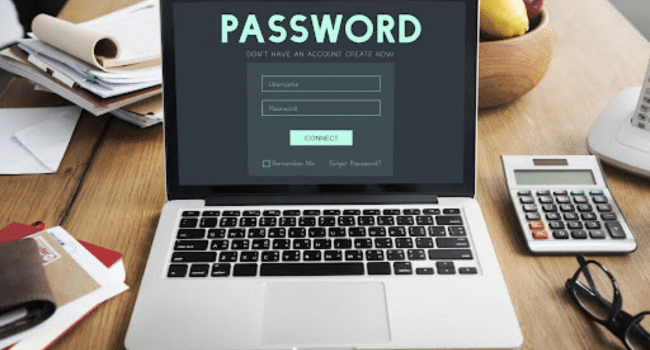Table of Contents
We live in a digital world where passwords are the keys to our online lives. From email to banking, social media to shopping, we need passwords for everything. But what happens when you forget them? The frustration, the time wasted, and the potential security risks can be overwhelming.
It’s normal to forget passwords. With countless accounts and complex password requirements, it’s easy to lose track. But the consequences of weak or reused passwords can be severe. Cybercriminals are always looking for opportunities to steal personal information, and weak passwords make their job easier. Your financial information, identity, and even your online reputation are at risk.
Why do People forget passwords?
One reason is the sheer number of accounts we have. Another is the pressure to create strong, unique passwords for each account. This makes it difficult to remember them all.
Additionally, many of us use similar passwords for multiple accounts, which is a major security risk. This guide on how to remember passwords will help you simplify this process.
Why Should You Choose a Strong Password?
A strong password is your first line of defense against cyberattacks. It should be a mix of uppercase and lowercase letters, numbers, and symbols. Avoid using personal information like birthdays or pet names. The longer and more complex your password, the harder it is for hackers to crack.
The Best Ways to Remember Passwords
Remembering a long list of complex passwords can be a challenge, but these methods can help:
- Create a password vault: A physical or digital notebook can be a simple way to store passwords. However, it’s crucial to keep it securely locked away.
- Use a password manager: These software applications generate, store, and autofill your passwords. They are becoming increasingly popular due to their convenience and security features.
- Employ mnemonic techniques: Creating memorable phrases or stories linked to your passwords can help in remembering them. For instance, for a password like “P@ssw0rd123!” you could remember “Peter Pan flew with a sword at 12:30.”
- Write it down (carefully): If you prefer a physical record, use a notebook that no one else uses. Never write passwords on easily accessible notes or sticky papers.
- Take Advantage of your browser: Most modern browsers offer built-in password managers. While convenient, they might not be as secure as dedicated password manager apps.
Why Password Managers Have the Edge Over Other Methods
Password managers offer a range of advantages that make them a preferred choice for many:
- Strong password generation: They create highly complex passwords that are virtually impossible for humans to remember but are very secure.
- Centralized storage: All your passwords are in one place, accessible with a single master password.
- Autofill: This saves time and reduces the risk of typing errors.
- Security features: Most password managers offer encryption, biometric authentication, and other security measures to protect your data.
- Emergency access: Some password managers allow you to designate trusted contacts who can access your passwords in case of emergencies.
- Cross-platform compatibility: Most password managers work across different devices, ensuring your passwords are always accessible.
While other methods can help, password managers provide a comprehensive and secure solution for managing your passwords. By investing time in choosing and using a reliable password manager, you can significantly enhance your online security.
Conclusion
Protecting your personal information is crucial. By following these tips and choosing the right password management solution, you can strengthen your online security and enjoy peace of mind.
Image Source – Freestock
Read more on KulFiy
How to Know If You’ve Been a Victim of Identity Theft
Unveiling the Four Major Types of Email Marketing Strategies
